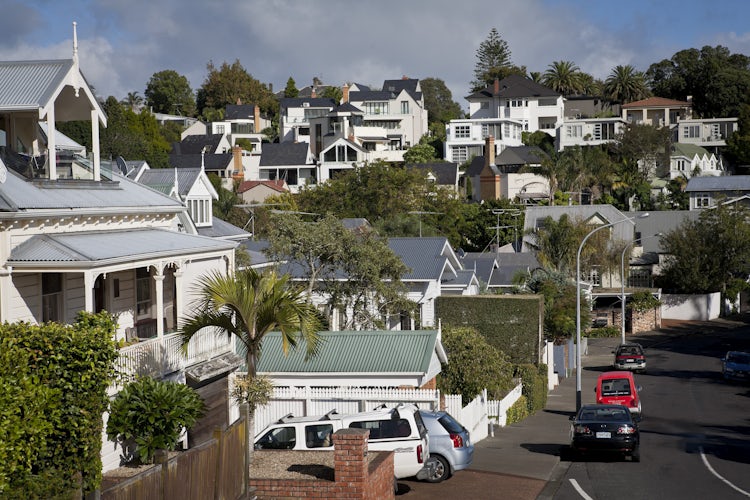Property prices rise to start 2024, dwelling consents tumble, and a 'Shantytown' is deemed compliant.
Too long; didn't read? Here're this week's TLDRs...
Property values rise (slightly) in Jan 2024
Read the article
ANZ: House prices to remain flat until mid year
Read the article
Dwelling consents continue to tumble
Read the article
OneRoof House Price Report
Read the article
What you should know about the housing market this week – Kelvin Davidson
Read the article
Mortgage and loan repayment arrears rise
Read the article
Doubling down on OCR cuts being some way off
Read the article
OP: Historical and international impacts of DTI restrictions
Read the article
Aux rents rise 5.2% in 2023
Read the article
Why shouldn’t you rule out a sharp rise in Aux house prices
Read the article
Auckland ‘shantytown’ deemed ‘compliant’
Read the article
Wanaka rich-lister to develop Timaru site
Read the article
House prices balloon in what was once NZ’s “cheapest place to own a batch”
Read the article



